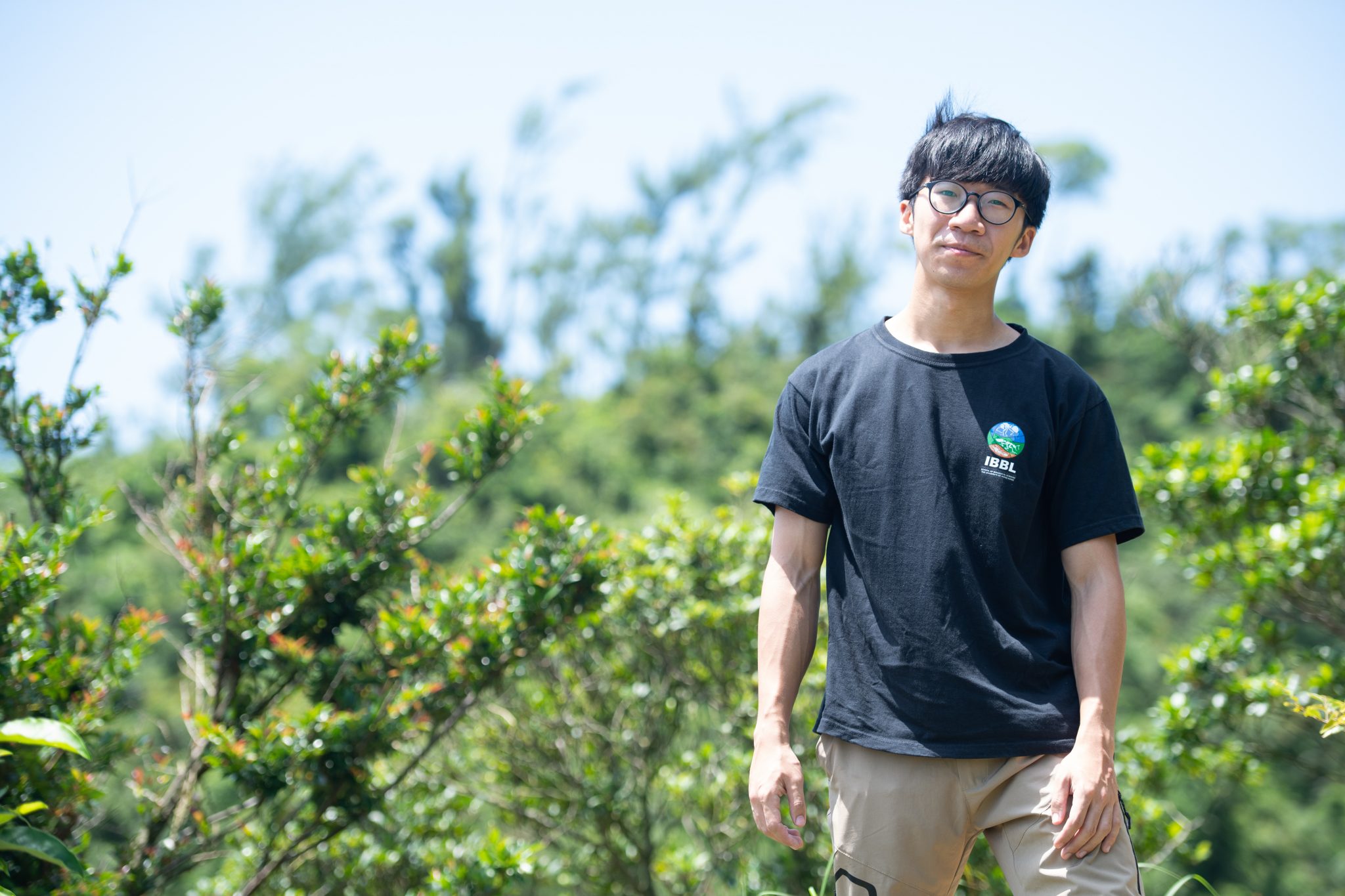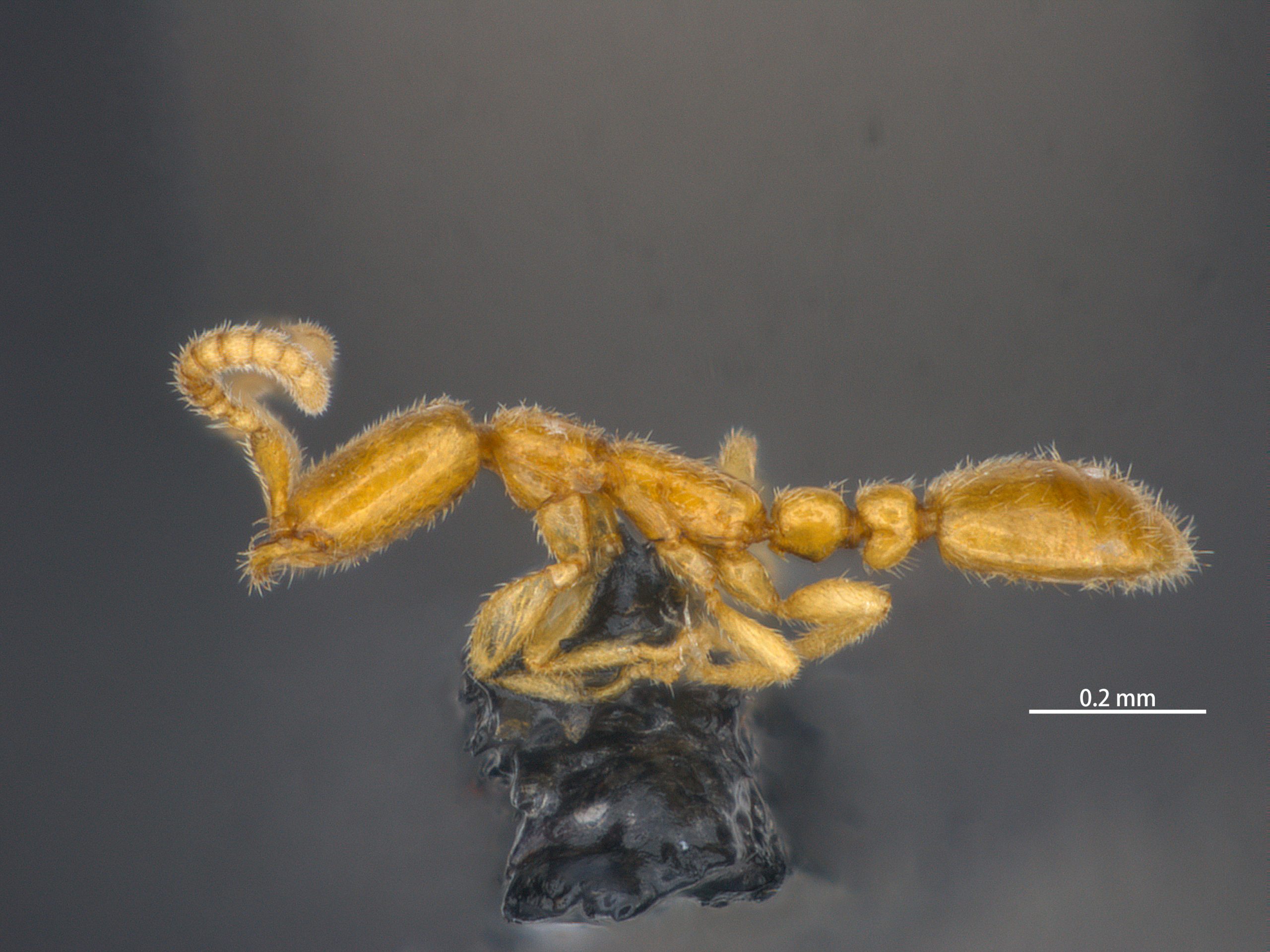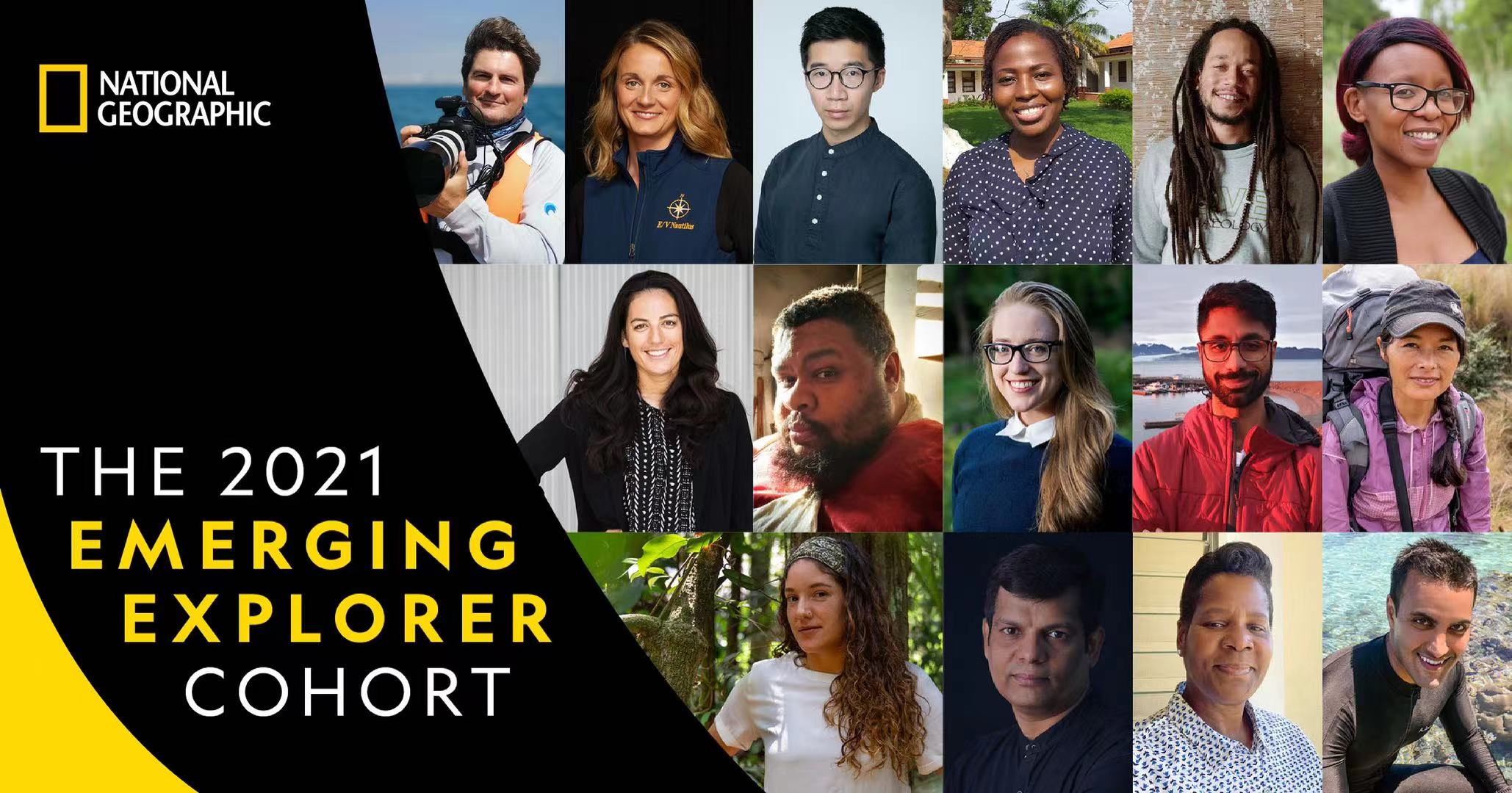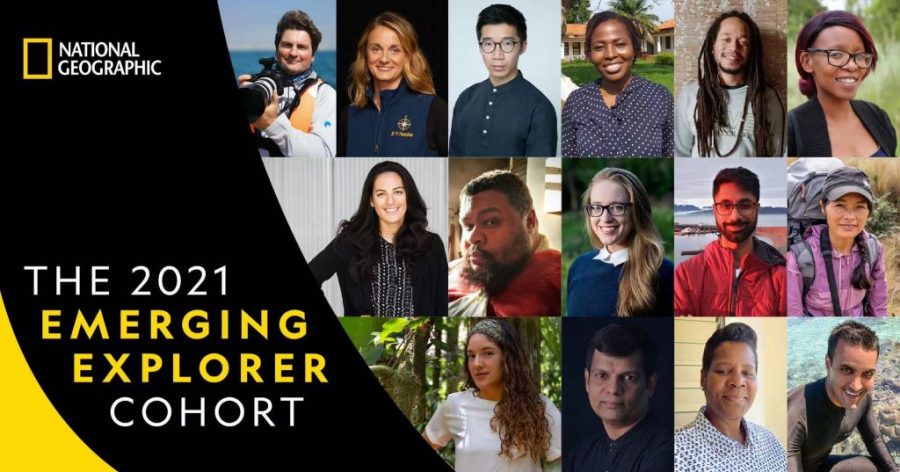Danny Chi-Man Leong, the 27-year-old biologist and entomologist famous for his discovery of Leptanilla macauensis – also known as Macao’s tiny ant – has recently earned himself a new accolade: the National Geographic Emerging Explorer.
Not only is Leong the first Macao resident to receive the title, but he’s also the only scientist from Asia nominated by the National Geographic Society in this year’s Emerging Explorer cohort.
National Geographic’s Emerging Explorers programme aims to recognise young trailblazers whose ideas help “change the world and to broaden the definition [of Explorers] to include scientific and intellectual exploration as diverse as nuclear engineering and neuroscience”.
Not only do recipients enjoy a degree of prestige from the title, earning recognition from one of the most widely read magazines of all time, they are also considered for an award of US$10,000 to aid their research and future exploration. The other 14 selected individuals alongside Leong have contributed advancements in topics such as space technology, ocean exploration, species conservation and storytelling.
Leong says with this recognition, he is more determined than ever to share the story of Macao’s biodiversity with the world. Here’s what Macao’s most ambitious “Ant-Man” had to say about receiving the nomination, and how this award will influence his work.

Macao News: Tell us how you came to be involved with the Emerging Explorers Program.
Danny Leong: Last July, I received an email from the funding director of National Geographic. He said that he was interested in my research and the educational campaigns I had hosted in Macao, and that he would like to learn more about them. At that time, he only asked if I would be interested in applying for some research funding from the organisation. I had no idea that National Geographic was actually considering me for the Emerging Explorer award.
For the last 10 months, I have kept in touch with the funding director. I have regularly shared my latest research and educational work with him, and had several rounds of interviews with him. In April, he finally broke the news to me: I had been selected as one of the National Geographic Emerging Explorers of 2021!

Macao News: How did you feel upon hearing the news, and why do you think National Geographic chose you?
DL: There are no words to describe how excited I was because I never thought what I did in Macao would be recognised internationally! But the funding director told me that I possessed the characteristics of an Emerging Explorer, which include taking the lead to do something novel; having an impact on the sustainable development of a city or neighbouring regions; and a passion for storytelling. Although my English was not great in the interviews, he said he could feel that I had a deep passion for my work.
Macao News: You have an opportunity to win a US$10,000 grant. How would that money aid your research?
DL: Not only would the award give me more opportunities to attend seminars and training to further my scientific education, it could also fund more of my research, and allow me to purchase equipment such as various wildlife tracking devices. Moreover, since National Geographic has branches all over the world, as a part of their network, I can reach out to them to obtain support and useful data. This would be greatly helpful for me to continue my research on how urbanisation impacts the animal community. I want to find out how we can provide more urban green space that better protects our wildlife. Green space isn’t limited to forests; it can also mean green roofs and gardens.
Macao News: What would winning the award mean for your campaign for environmental education?
DL: Since environmental education is still rather inadequate in Macao, I want to help better promote it in local schools and universities with resources from the National Geographic Society. I want to work with the local government and educational institutes to understand the importance of education for sustainable development.
But more importantly, I want to introduce the spirit of what it means to be an Emerging Explorer to Macao. To me, being an explorer means that you will follow your dreams and try your best to fulfil them, no matter what challenges you may face. If we can all pursue this, I think society would find itself on a path to a better future.

Macao News: Do you see attitudes changing towards conservation in Macao?
DL: I have always wanted to restore the connection between human and nature. I believe that research could be the answer to that problem. With more scientific evidence, I hope to convince the decision-makers in our society to make positive changes.
Natural historian David Attenborough once said, “No one will protect what they don’t care about; and no one will care about what they have never experienced.” I see a lot of truth in that with the discovery of the Macao tiny ant. In the past, Macao people have shown little awareness of the biodiversity surrounding them. But the discovery of Leptanilla macauensis helped them to realise that there are actually valuable and unique species living alongside them, even in a big city. It’s a good start to start building awareness around the importance of wildlife conservation.






